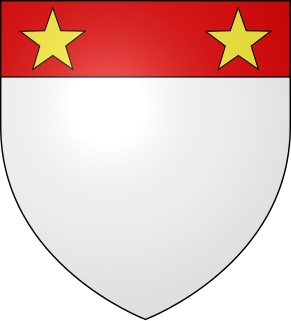 W
WLieutenant-General Sir Colin Campbell was a British Army officer and colonial governor.
 W
WGeneral Sir Walter Raleigh Gilbert, 1st Baronet, was an army officer in the British East India Company.
 W
WGerard Lake, 1st Viscount Lake was a British general. He commanded British forces during the Irish Rebellion of 1798 and later served as Commander-in-Chief of the military in British India.
 W
WLieutenant General Sir Jasper Nicolls KCB was Commander-in-Chief, India.
 W
WField Marshal Sir George Pollock, 1st Baronet was a British Indian Army officer. He first saw action at the Battle of Deeg and at the Siege of Bhurtpore during the Second Anglo-Maratha War before taking part in the Anglo-Nepalese War. He also commanded the British artillery at the Battle of Prome and at Bagan during the First Anglo-Burmese War. Following a disastrous retreat from Kabul in January 1842 during the First Anglo-Afghan War, the retreating forces became stranded at the small British garrison at Jalalabad and Pollock was appointed Commander of the Force sent to relieve the garrison: he advanced through the Khyber Pass and relieved the garrison in April 1842. He then set about an unauthorised but ultimately successful mission to rescue the British hostages who had been left behind in Kabul prior to the retreat. In 1844 the Pollock Medal was created to commemorate Pollock's achievements: this medal was to be awarded to the "best cadet of the season" at the Addiscombe Military Seminary.
 W
WThe Hon. Frederick St John was an officer of the British Army and a politician. He rose to the rank of general during his career and saw service during the French Revolutionary and Napoleonic Wars, and the Second Anglo-Maratha War. He also sat briefly for the constituency of Oxford.
 W
WWilliam Tolfrey was a British civil servant in Ceylon and translator of the Bible into Sinhalese. The BFBS revised his translation 1895–1910.
 W
WColonel John Vaughan (1778–1830) was a senior British officer in the service of the Honourable East India Company’s Army. Through his military career he saw active service on the Fourth Anglo-Mysore War, Second Anglo-Maratha War and Third Anglo-Maratha War.
 W
WArthur Wellesley, 1st Duke of Wellington, was an Anglo-Irish soldier and Tory statesman who was one of the leading military and political figures of 19th-century Britain, serving twice as prime minister. He ended the Napoleonic Wars when he defeated Napoleon at the Battle of Waterloo in 1815.